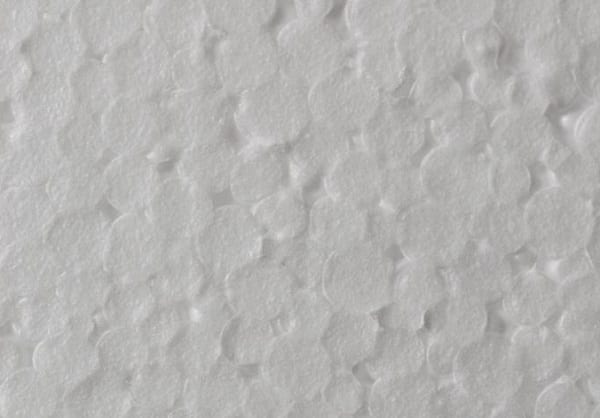BALTIMORE, MD—On October 1, Maryland will become the first state in the U.S. to ban the use of expanded polystyrene (EPS), commonly referred to as Styrofoam.
During the2019 legislative session the Maryland General Assembly passed a new law banning the use of food service products (e.g., cups, plates, bowls, trays, etc.) composed of Styrofoam. The law states that on or after October 1, 2020, a person may not sell or offer for sale in the state an EPS food service product; and a food service business or school may not sell or provide food or beverages in an EPS food service product.
The law was originally supposed to take effect on July 1, but due to the COVID-19 pandemic and on behalf of the Hogan Administration, Secretary of the Environment Ben Grumbles issued a public notice extending the deadline for food service businesses or schools to stop selling or providing food or beverages in EPS food service products to October 1, 2020, or 30 days after Maryland’s COVID-19 State of Emergency is terminated, whichever is earlier.
The Public Notice was issued pursuant to Governor Larry Hogan’s proclamation of a state of emergency and a catastrophic health emergency related to COVID-19.The public notice is a very limited time extension to help schools or business use up existing inventories of ESP. It does not change other aspects of the law, including the July 1, 2020 deadline for a person (e.g.an EPS manufacturer or wholesaler) to sell an EPS food service product in the State. For example, a restaurant with existing inventory of EPS cups may continue to provide beverages in those cups until October 1, 2020, or 30 days after Maryland’s COVID-19 State of Emergency is terminated, whichever is earlier. However, a distributor of EPS cups is prohibited from selling new EPS cups to that restaurant, effective July 1, 2020.
Under the law, the Maryland Department of the Environment (MDE) may grant to a food service business or school a waiver from the law for a period of up to one year if the department determines that achieving compliance would present an undue hardship or a practical difficulty not generally applicable to other food service businesses or schools in similar circumstances.
A county’s local health or environmental department shall enforce the law. A county may impose a penalty not exceeding $250 on a person or food service business that violates any part of the law. A penalty may not be imposed under this section unless: the unit of county government first issues a written notice of violation to the person or the food service business; and the violation is not corrected within 3 months of receipt of the written notice. The law requires the county to notify MDE of any violation of the law.
Additional information on the new ban can be found at the Maryland Department of the Environment website here.
Do you value local journalism? Support NottinghamMD.com today.

